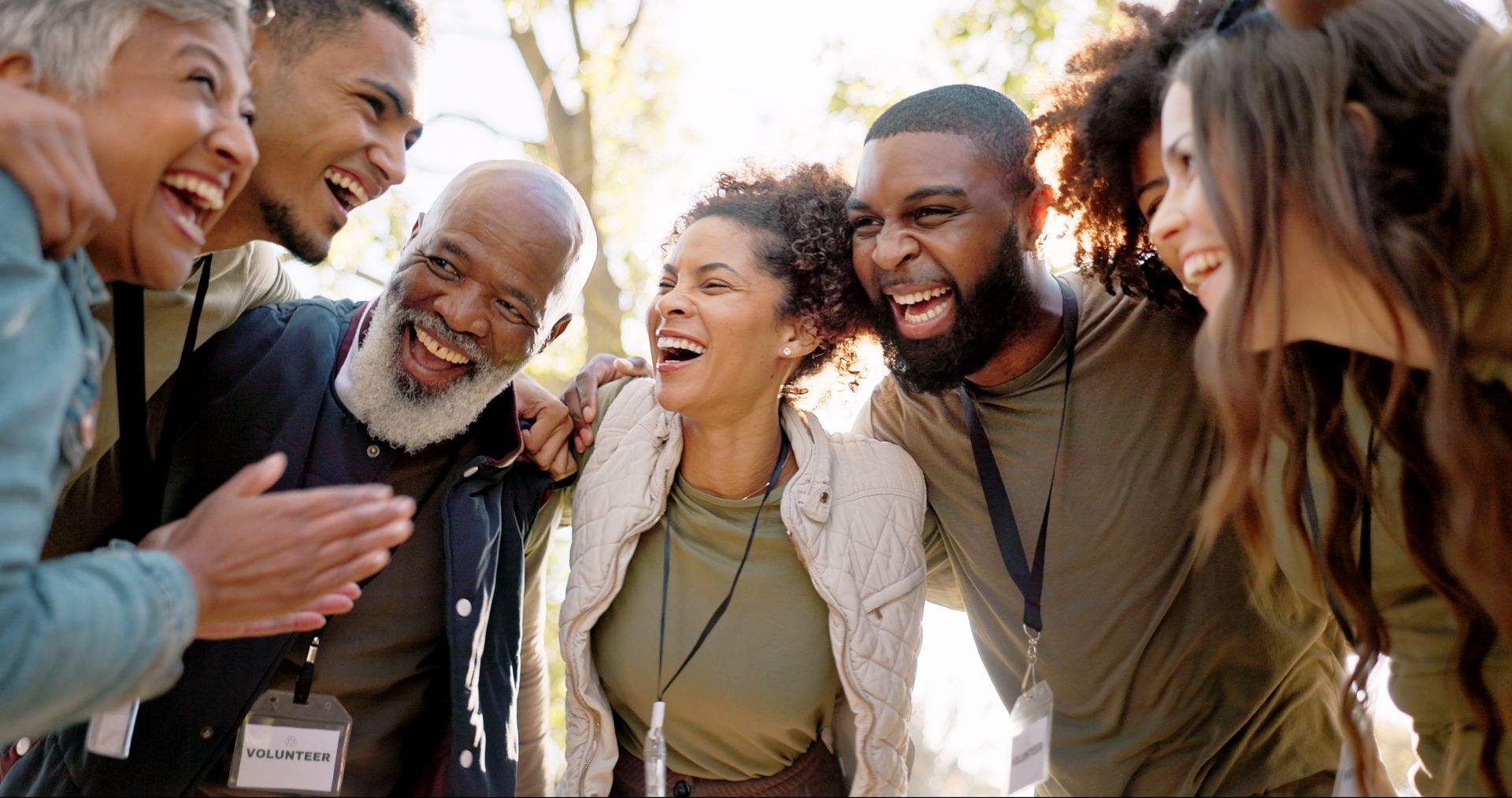How to improve wellbeing for incarcerated individuals
At any given time, there are over 10 million individuals imprisoned worldwide, and another 30 million who circulate in an out of prison each year (Lo et al., 2020).
Moreover, those who are imprisoned often show high levels of psychological distress and psychological disorders and low levels of mental and physical wellbeing.
Prisoner wellbeing
“Even after release, prisoners with previously reported or current mental illness are more likely to experience poor health outcomes, crime, and substance abuse" (Cutcher et al., 2014). Although most prison sentences are temporary, the poor health and mental wellbeing of prisoners adds to the existing health burden of the general population upon reintegration/release from prison and long after.
Many times, incapacitation, deterrence, punishment, and retribution are the predominant goals of incarceration. However, it is vital that effective practices be put in place to help rehabilitate prisoners as they return to the community. How else can we expect transformation?
“Improving the mental health and wellbeing of offenders, an evidently vulnerable group, is therefore a societal imperative” (Lo et al., 2020, p. 1573). Strategies for increasing prisoner wellbeing are of vital importance.
The use of psychological group interventions that integrate positive psychological principles in recidivism prevention and transformation strategies have received recent attention. Such interventions are integral to influencing lasting improvements to mental wellbeing.
Given the societal impacts of poor wellbeing among prisoners, researchers in Australia (Lo et al., 2020) developed an intervention that combined components of Cognitive Behavioral Therapy and concepts of positive psychology, designed to increase one’s sense of wellbeing and resilience.
Increasing wellbeing and reducing psychological distress
The training program was delivered over nine weekly training sessions lasting up to 1.5 hrs. each in groups of 5-10 participants. Groups were facilitated by two trainers with 24 female prisoners at a women’s prison in South Australia.
The intervention taught participants resilience skills, such as growth mindset, balancing your thinking, cultivating gratitude, mindfulness, interpersonal problem solving, active constructive responding, capitalizing on strengths, and developing value-based goals.
In addition, the research team held three focus groups with participants to explore the acceptability, appropriateness, and participant experiences of the training.
The researchers measured psychological distress and mental wellbeing pre- and post-intervention. Results showed a statistically significant increase in wellbeing and overall reduction in psychological distress between pre- and post-training.
Qualitative results from the focus group showed several themes. The women reported enjoying the group setting and being able to share personal stories and real-world examples. They also commented that the group setting allowed them to learn from each other and hear one another’s perspectives of shared experiences.
Participants indicated that, following training, they perceived several benefits, including “being less physically aggressive, more considerate of others, learning to treat others as they want to be treated, paying more attention to people when they are talking, being able to stop and think in the moment, and being able to recognize their own strengths that they are proud of,” the researchers said. Several participants said they would use the skills to help them back in the community to avoid negative influences.
Benefits of increasing prisoner wellbeing
The study showed the short-term effects of a resilience training intervention on female prisoner’s mental health outcomes. Increases in wellbeing and reductions in psychological distress were observed among the participants. Although the sample size was relatively small (n=24), findings are promising.
The ability for psychological interventions to improve mental health outcomes among prisoners is of vital importance in our efforts to reduce recidivism/re-offending, both while imprisoned and after release and reintegration into the community. If we expect rehabilitation and transformation among those who are currently or formerly incarcerated, it is imperative that we be a part of the solution.
If you are a nonprofit leader faced with evaluating your program’s effectiveness, we hope this brief article been helpful. If you’d like help with the process of planning and implementing a full-scale impact evaluation, consider the experts at LaBarbera Learning Solutions. We’re an experienced team of researchers, evaluators, and educators with the expertise needed to demonstrate your program’s impact to stakeholders. See our cost-effective solutions at www.labarberalearning.com
References
Cutcher, Z., Degenhardt, L., Alati, R., & Kinner, S. A. (2014). Poor health and social outcomes for ex-prisoners with a history of mental disorder: A longitudinal study. Australian and New Zealand Journal of Public Health, 38(5), 424–429.
Lo, L., Iasiello, M., Carey, M., & van Agteren, J. (2020). Improving the wellbeing of female prisoners via psychological skills training: A feasibility study. Internal Journal of Offender Therapy and Comparative Criminology, 64(15), 1571-1586.










